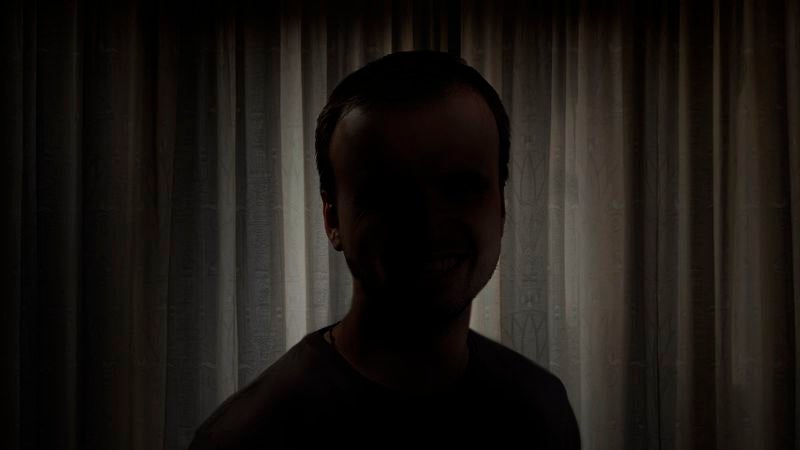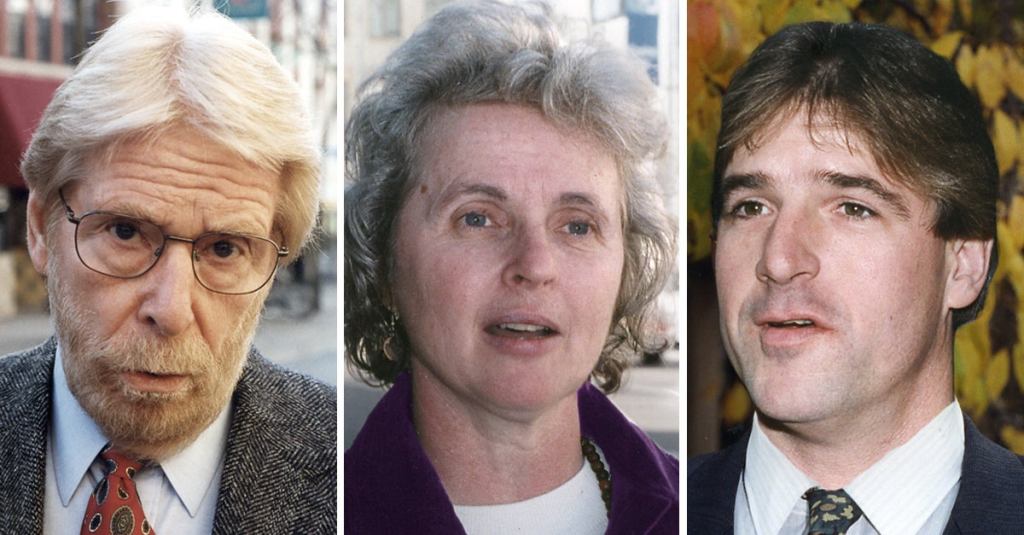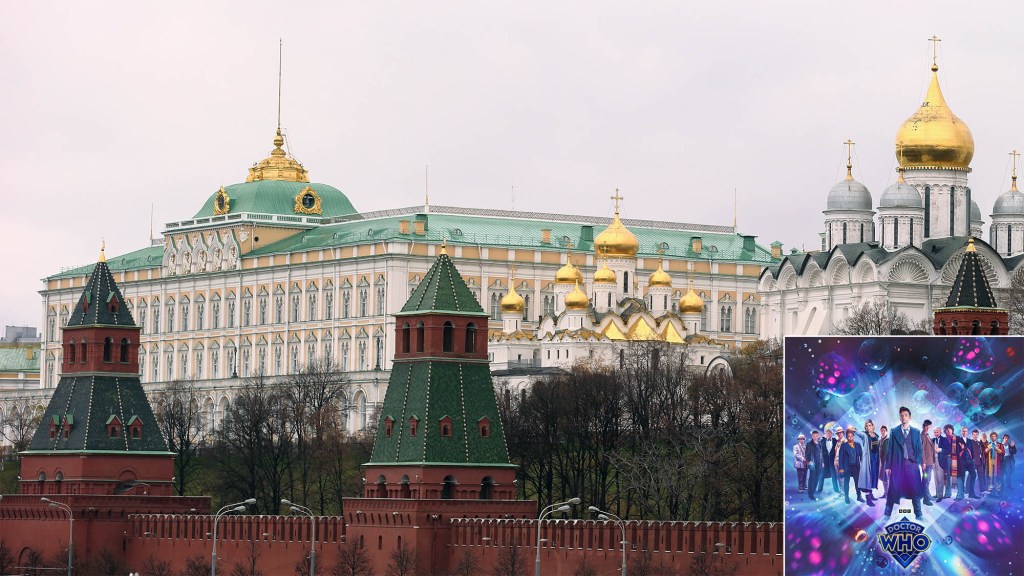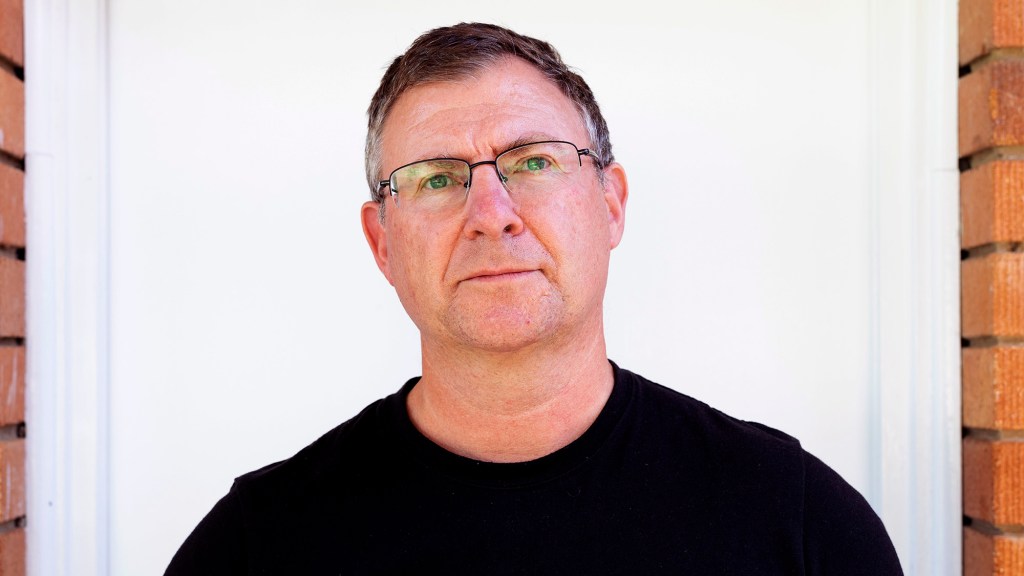UNDISCLOSED—In the midst of the ongoing national debate over the recently revealed NSA surveillance of American citizens, a Yemeni al-Qaeda operative currently living covertly in the United States told reporters Tuesday that he totally understands why the issue is so incredibly complex and multifaceted.
“Look, the fact of the matter is that in today’s world, there are people living in the United States who are aiming to injure and kill as many innocent Americans as they can, and if you’re the U.S. government then you really have to be vigilant about that stuff,” said the committed terrorist, adding that he can “totally sympathize” with the arguments both for and against the NSA’s actions. “I think it’s fair to say that surveillance of phone records and other contact information is the most effective way—and maybe the only effective way—to learn of these plots and prevent them. I get that.”
“For instance, if someone like myself is placing phone calls to other terrorist operatives, which I am, then I could see why you would want my calls monitored by the appropriate authorities,” the Islamic extremist continued. “That said, I can also completely understand why someone who is not a terrorist would be uncomfortable with their phone calls to friends and family being monitored as well. So, yeah, I see why it’s a tricky issue.”
Claiming that the discussion is “not cut and dry by any stretch of the imagination,” the al-Qaeda operative told sources that because the risk-reward is not measured in dollars and cents, but rather in the lives of innocent people he’s trying to murder, the issue should be carefully considered from every angle.
“I’ll give you an example: So, I’ve been planning a pretty devastating attack on American soil for the past few months—I can’t tell you where exactly, but let’s just say somewhere in the Pacific Northwest,” said the terrorist, speaking to reporters on condition of anonymity. “Now, if the NSA could only gain access to my phone records after proving with concrete evidence that I am a national security threat and obtaining a warrant, then wouldn’t you want that to happen? Wouldn’t it be comforting to know that there are people out there intercepting plots before they are carried out?”
“On the other hand, I totally get why people would be concerned about the government effectively spying on regular, law-abiding Americans by freely accessing what is supposed to be their private information—I mean, there is undeniably something disturbing about that, just on a basic level,” the violent extremist added. “Sort of a Catch-22 for the U.S. government, too, because if a deadly attack were to be carried out that the government was unaware of beforehand, they would receive universal criticism for not doing more to prevent it, even if they were acting according to the strict confines of the law. It’s a fascinating debate, really. I’m glad people are having it.”
The political radical and religious zealot went on to respond to specific arguments from both sides of the issue, pointing to Dzhokhar Tsarnaev, Ted Kaczynski, and Timothy McVeigh as evidence against those who argue only non–American citizens should be surveyed by security agencies. The al-Qaeda sleeper agent also stressed that he is working with “plenty” of American-born radicalized insurgents within the United States and told reporters domestic terrorism is “just as real” as any potential threats from violent fundamentalists abroad.
However, the terrorist was also critical of the contention that those law-abiding citizens who have nothing to hide should have no problem with their phone records being monitored by the government, calling that sentiment “a pretty slippery slope, all considered, seeing as it could one day result in a far too invasive scope of federal jurisdiction.”
“Ultimately, there’s no answer to this that will leave everyone 100 percent satisfied,” the extremist said. “On one side of the coin, you have totally normal, everyday people who are in no way a threat to national security, and they are understandably uncomfortable with the government—or anyone else for that matter—being privy to their personal information, But on the other side of that coin, you have people like me, who are planning to strategically attack various cities and towns across the country in an ongoing effort to spread fear and promote radical agendas. Now, should those everyday Americans give up some of their freedoms in order to thwart such plans? And if so, how much of their freedoms should they be be forced to give up to that end? And yet another good question arises there: What are the exact bounds of the ‘Blessings of Liberty’ guaranteed in the preamble of the U.S. Constitution? And must those freedoms be altered somewhat in order to adapt to the modern world we live in now, which, as I’m sure anyone would agree, is far different from 1787 when that document was originally adopted? I suppose the ultimate question is, ‘Where do you draw the line?’ To be perfectly frank, I don’t have the answer to that, and I would even hazard to say that a definitely ‘right’ or ‘wrong’ answer does not in fact exist.”
“Like I said, it’s a tough one,” the highly trained al-Qaeda operative added.
The radical fundamentalist did confirm that while the issue has many sides, he is simply glad that Americans are now able to take part in an open forum regarding government overreach of confidential information.
“Regardless of your view on the matter, the important thing is that this discourse about security and privacy is now taking place,” the terrorist told reporters. “But if I were you, I would definitely get these issues sorted out before the morning of July 27th.”







